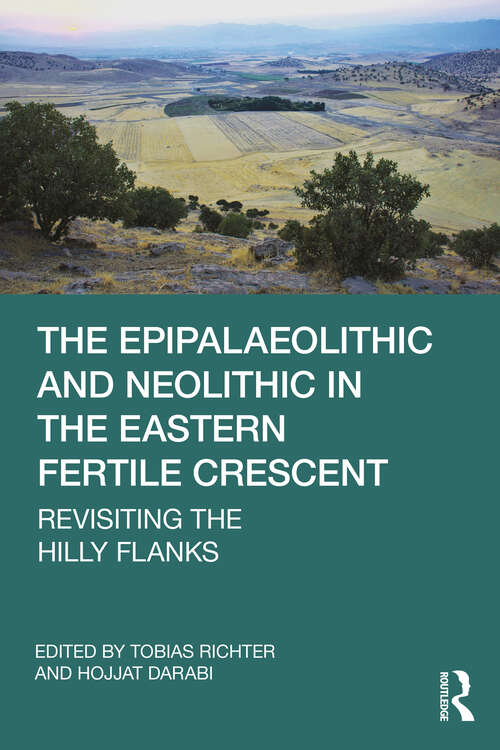The Epipalaeolithic and Neolithic in the Eastern Fertile Crescent: Revisiting the Hilly Flanks
By: and
Sign Up Now!
Already a Member? Log In
You must be logged into Bookshare to access this title.
Learn about membership options,
or view our freely available titles.
- Synopsis
- This volume brings together the latest results and discussions from research carried out in the eastern Fertile Crescent, the so-called hilly flanks, and adjacent regions, as well as providing key historical perspectives on earlier fieldwork in the region. The emergence of sedentary food producing societies in southwest Asia ca. 10,000 years ago has been a key research focus for archaeologists since the 1930s. This book provides a balance to the weight of work undertaken in the western Fertile Crescent, namely the Levant and southern Anatolia. This preference has led to a heavy emphasis on these regions in discussions about where, when and how the transition from hunting and gathering to plant cultivation and animal domestication occurred. Chapters assess the role of the eastern Fertile Crescent as a key region in the Neolithization process in southwest Asia, highlighting the key and important contributions people in this region made to the emergence of sedentary farming societies.This book is primarily aimed at academics researching the transition from hunting and gathering to agriculture in southwest Asia. It will also be of interest to archaeologists working on this transition in other parts of Eurasia.
- Copyright:
- 2024
Book Details
- Book Quality:
- Publisher Quality
- Book Size:
- 368 Pages
- ISBN-13:
- 9781000813340
- Related ISBNs:
- 9781003335504, 9781000813326, 9781032371429, 9781032371405
- Publisher:
- Taylor & Francis
- Date of Addition:
- 01/31/24
- Copyrighted By:
- selection and editorial matter, Tobias Richter and Hojjat Darabi
- Adult content:
- No
- Language:
- English
- Has Image Descriptions:
- No
- Categories:
- Nonfiction, Social Studies
- Submitted By:
- Bookshare Staff
- Usage Restrictions:
- This is a copyrighted book.
- Edited by:
- Tobias Richter
- Edited by:
- Hojjat Darabi
